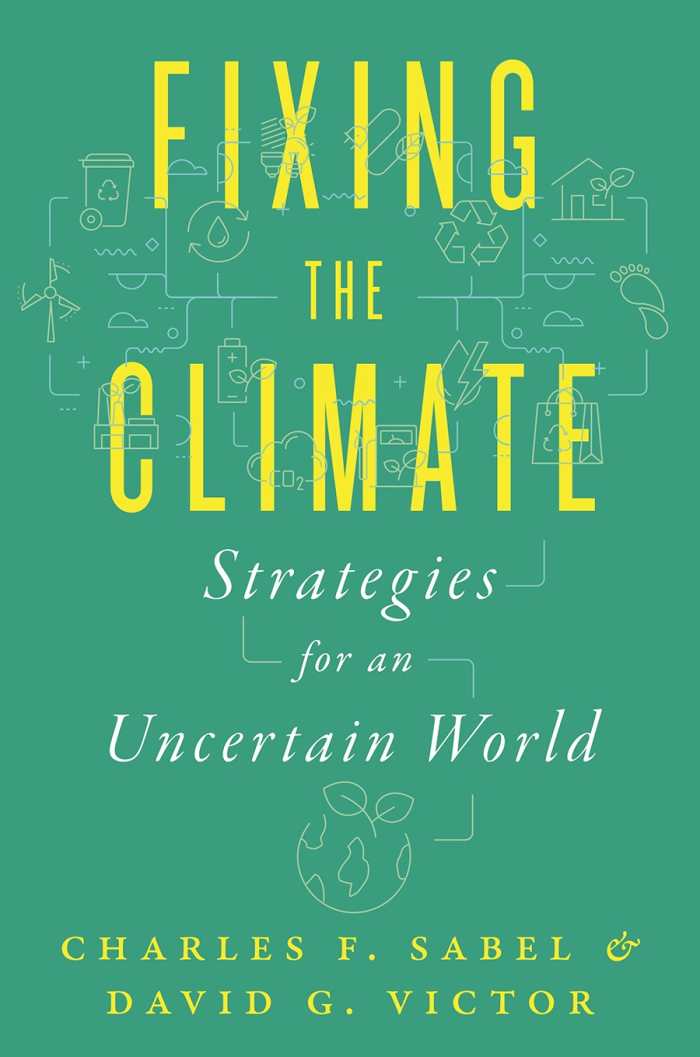Book of the Day Roundup: June 27-July 1, 2022
Mission Improbable: Vietnam
A Blanche Murninghan Mystery

Nancy Nau Sullivan
Light Messages
Softcover $14.99 (290pp)
978-1-61153-428-3
Buy: Local Bookstore (Bookshop), Amazon
In Nancy Nau Sullivan’s cozy mystery novel Mission Improbable: Vietnam, two women in search of their families’ stories forge a sisterhood—and consider the human impacts of wars.
Jean’s mother was Vietnamese, but Jean doesn’t remember her. In the chaos of Saigon’s fall, she was sent to live with her father, an American soldier. Now an adult, Jean teams up with Blanche, who has a knack for sleuthing, and whose own father was marked missing in action during the war. Jean hopes to learn new information about her family on a trip to Ho Chi Minh City.
In Vietnam, a colorful ex-pat and veteran who owns a bar connects the women to his Vietnamese colleagues. Through this secondary cast, the women listen to unearthed memories and stories of resilience and scars. They learn that people often survived because of the unexpected kindness of others; they come to further understand the complications of wars. Here, enemies are not always as they seem, and individuals can make life-giving choices. The women look to make peace with the tragedies of their pasts. Still, expressions of needing to face the future without thoughts of revenge are too pat.
The women’s friendship is empathetic and convivial, though Jean knows more about Blanche than she lets on. The Vietnamese cast assumes more limited roles, buoying the women with their hospitality, wisdom, and consoling actions. Their dialogue includes broken English that leads to stereotyping, though. Still, Blanche and Jean’s fondness for new gastronomy, multilayered remnants of French architecture, and Vietnam’s contemporary bustle is sincere and invigorating. And as the truth about their intertwined histories is revealed, Vietnam takes on increasing significance to both of them.
In the cozy mystery novel Mission Improbable: Vietnam, two women reckon with their losses—and other people’s sacrifices—during an upbeat adventure abroad.
KAREN RIGBY (June 26, 2022)
The Storyteller’s Handbook

Elise Hurst, illustrator
Neil Gaiman, contributor
Compendium
Hardcover $24.95 (128pp)
978-1-970147-76-6
Buy: Local Bookstore (Bookshop), Amazon
“You will be the storyteller,” navigating through this exquisite wordless picture book whose images suggest deep tales, but do not over pronounce their parameters. Each feathery illustration plays with proportions and subverts expectations: giant owls tower over buildings; koalas lounge on drifting autumn leaves. A girl walks a cloud on a leash. A woman takes in tea, bathed in the light of a rising sun. A mouse rises to the stars. What’s going on behind these magical scenes? That’s for you to decide!
MICHELLE ANNE SCHINGLER (June 27, 2022)
Café Shira

David Ehrlich
Michael Swirsky, translator
Syracuse University Press
Softcover $22.95 (224pp)
978-0-8156-1142-4
Buy: Local Bookstore (Bookshop), Amazon
In David Ehrlich’s contemporary novel Café Shira, a literary coffee house located in the heart of Jerusalem becomes a temple for the patrons who frequent it.
There are many people who regularly spend their time in Café Shira. They include Rutha, a hardworking, weary waitress; Avigdor, its tortured saint of an owner; Ruhama, a poet; Raymond, a local who is slightly off-center; Naor, a writer who’s in love with Rutha; and Christian, a French tourist who wants to be a priest, but who is also falling for Rutha. Their stories are rooted in Café Shira and coalesce around it. Passersby, dwellers who insist on sitting at certain tables, and personal histories that are glimpsed through overheard conversations are all grounded in their location: a unique, loved business.
With shifting points of view and dialogue extracts, Café Shira portrays the collision of personalities, experiences, and ways of life that exist in Jerusalem. As Rutha observes, “the whole world and all the experiences it offers come together in this one café. So many stories, all you have to do is listen.” Café Shira is not a novel about a person, but about a place. Its strength is in the variety of lives that are condensed into the moment they step through the café’s doors, but that are not diminished by it. While this variety could become overwhelming, the utilization of the café as a point of contact keeps the number of characters and story lines manageable. The translation from Hebrew is simple, direct, and leaves traces of the original language, too.
Café Shira is an anthropological novel set in a bustling corner of Jerusalem, wherein people are observed and their psychology is explored.
MICHAEL ELIAS (June 27, 2022)
The Precious Jules

Shawn Nocher
Blackstone Publishing
Hardcover $28.99 (350pp)
978-1-09-405831-3
Buy: Local Bookstore (Bookshop), Amazon
A Maryland family navigates the return of their institutionalized daughter in The Precious Jules, Shawn Nocher’s contemplative novel about duty, love, and sibling fears.
Thirty-two years ago, Ella Jules—a child challenged because of an accident at birth—was sent by her parents to the Beechwood Institute, where Lynetta, a staff member, grew to be her fond guardian. Now, upon the institute’s closure in 2009, Ella’s parents start the legal process to reclaim her. Meanwhile, Ella’s bewildered adult siblings—including her beautiful twin; her youngest sister, who’s never met her; and her brothers—converge on the family homestead, each with lingering doubts about the wisdom of Ella’s return.
Alternating perspectives spanning decades depict how Ella’s absence shaped each member of the Jules clan; the harsh, outdated practices inside of Beechwood, and its kudzu-entangled decline; and the past’s lingering effects. A haunting story concerned with a family’s outward perfection, and their hidden guilt about the deliberate estrangement of one of their own, this keen, emotional story crescendos when a traumatic memory is revealed.
The Jules’s reactions range from residual terror about Ella’s former violent outbursts, to loss, resignation, sympathy, and maternal pain; their experiences inform their present perspectives, imbuing the telling with shameful self-justifications and difficult love. The siblings’ current love relationships, too, bear the imprints of Ella’s banishment.
Without glossing over the challenges that are involved in taking care of a special needs child, the novel is wise about people’s reluctance to admit darker emotions, even while they ache for understanding. Throughout, Lynetta stands out as the person who has known Ella the best; her sections are a poignant exploration of loyal attachment.
The Precious Jules is a captivating family novel about impossible atonement and learning to accept the natural outcomes of rending decisions.
KAREN RIGBY (April 27, 2022)
Fixing the Climate
Strategies for an Uncertain World

David G. Victor
Charles F. Sabel
Princeton University Press
Softcover $24.95 (256pp)
978-0-691-22455-8
Buy: Local Bookstore (Bookshop), Amazon
In Fixing the Climate, David G. Victor and Charles F. Sabel note that international climate change accords have not initiated the sweeping changes and deep decarbonization needed to avert environmental catastrophe. Thus, a different administrative and problem-solving framework is needed.
As an example, the book outlines the successful 1987 Montreal Protocol, which tackled the deterioration of the ozone layer. The Protocol’s experimentalist governance among nations and industries involved flexible but strict standards for ozone-causing chemicals. Collaborative, ongoing research and the evaluation of progress encouraged innovation and created alternative products and industry-wide standards that repaired atmospheric damage. The status quo of ozone depletion was soon not an economically wise option: laggards were left without markets for their products and faced more regulation, termed as penalty defaults.
By contrast, the 1992 UN Framework Convention on Climate Change and subsequent accords relied on different institutional machinery, wherein diplomatic negotiation and global consensus rules. Victor and Sabel note that without the problem-solving contributions of academic and industry experts, and without incentives and penalty defaults, industrial sectors had no economic reason to invest in technological alternatives. This has only deepened climate change divisions between advanced and developing nations.
The book examines several American case studies of experimentalist governance, utilizing scientific and industry peer review and regulatory flexibility in limiting automobile and sulfur emissions and spurring innovation with electric vehicles. It later investigates Ireland’s management of agricultural pollution, California’s innovations in decarbonizing the electric grid, and efforts to combat deforestation in the Brazilian Amazon. These examples highlight that deep decarbonization must be adapted to local conditions and be able to be flexibly managed.
While its subject matter is dense, Fixing the Climate shares an important perspective on means of shifting international climate change efforts into high gear.
RACHEL JAGARESKI (April 27, 2022)
Barbara Hodge
